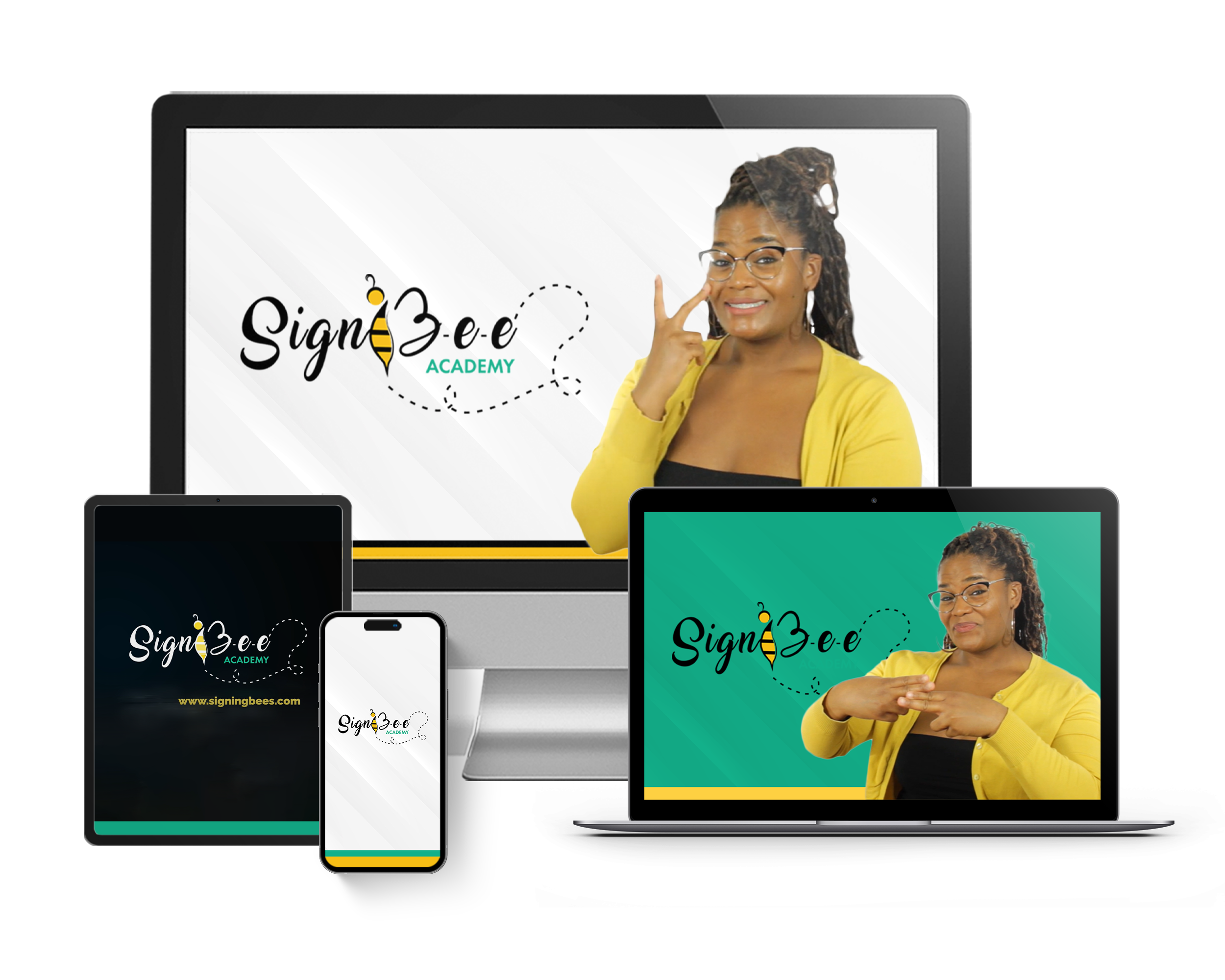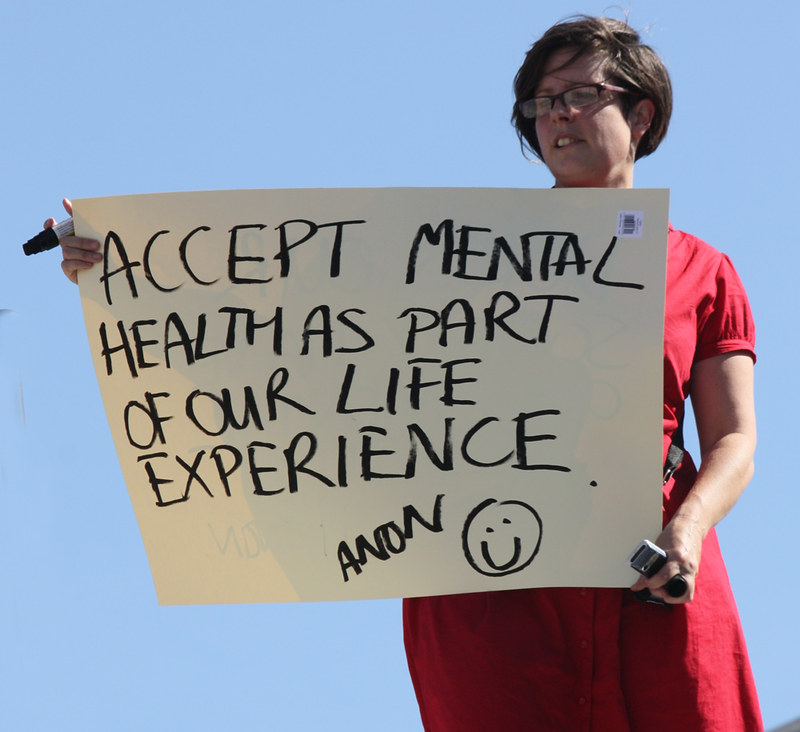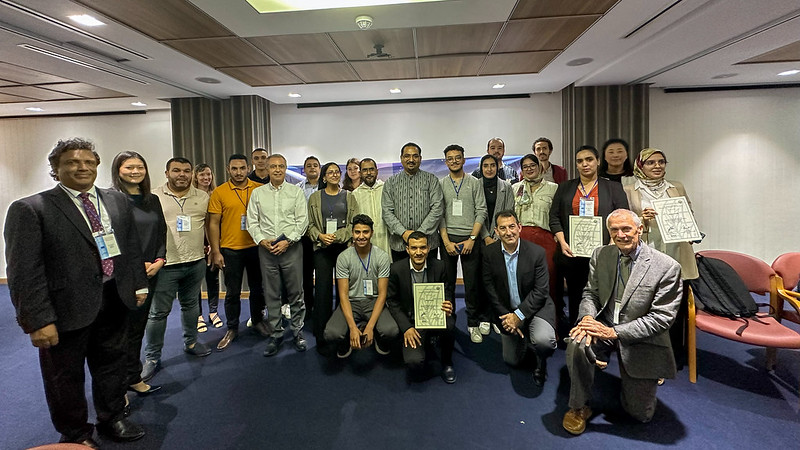With the complexity of social interactions that the internet brings, it shouldn’t be a surprise that mental health is one of the most talked about topics in current times. People below thirty years of age are more conscious of their mental health than the generations before them.
Mental health should be a point of concern for everyone and that includes deaf individuals. After all, deafness has been associated with isolation from society and isolation can have negative impacts on a person’s mental health.
While accessing mental health services can be challenging for anyone, it is a particular challenge for those who are hard of hearing. However, this does not mean that there aren’t ways that deaf individuals gain access to mental health services.
We will take a look at these methods and also see what the hearing community can do to improve access for this group.
Types of Mental Health Services
Image by Portland Center Stage on Openverse
Mental health as a concept is very complex and the services it requires are complicated as well.
Providing mental health services will require many professional disciplines and various processes to meet the wide range of needs people will have.
A common mental health service is inpatient hospitalization. This service is suitable for people who need constant monitoring. In this case, a patient will be under the supervision of psychiatrists, nurses, and other professionals. Most times, people who are inpatients have severe mental health conditions or addictions.
On the other hand, outpatient services don’t require hospitalization and constant surveillance. Here, the patient visits a facility at an arranged time to get medical services. It is suitable for people with symptoms that aren’t severe and those who can function in society.
An increasingly popular mental health service is psychotherapy. It is often called talk therapy and is used as a way to help people improve their mental state without the use of medication. It is useful to people who are hospitalized and those who can function in society. Psychotherapy can be individual, group, cognitive behavioral, and many more.
There is also tele counseling, where vulnerable people seek advice and support via calls or texts. Suicide hotlines fall in this category and they are there as an easy-to-reach option for suicidal or addictive people.
These mental health services don’t cover all that people can access for the sake of their well-being but they are the most popular. While it might seem like there are numerous options, access to these options can be a problem. So, how do deaf individuals access such services? Let’s find out.
How Deaf People Access Mental Health Services and Support
Having access to mental health services is vital to all groups of people but it is more important to people like the deaf who can battle with isolation and discrimination. How they gain access to services that can help them navigate the complexities of life is worth looking at.
Deaf-friendly Institutions and Professionals
One obvious way that deaf people can access mental health services is to search for institutions that are deaf-friendly. Communication is vital to gaining access, so deaf individuals usually search for institutions where they can communicate effectively.
For instance, someone who is hard of hearing will be reluctant to visit a psychologist who doesn’t understand ASL. Deaf individuals will also be reluctant to choose facilities without any communication options for them.
A positive with all this is that there is an increase in mental health service providers who are deaf-friendly. While there is an increase, there is still a huge number of institutions that aren’t suitable for deaf patients.
Use of Interpreters
In many situations, using interpreters is the default option. Remember, however, that this is a mental health issue, so confidentiality is key. The personal nature of mental health issues has made the use of interpreters a sensitive option.
The institution has to ensure the interpreter is trained and will abide by the patient-healthcare professional guidelines. When such an interpreter is found, the communication process is usually easier.
One challenge though, is that using an interpreter might increase the cost of the mental health service. This is a service that is already expensive, so an increase might reduce access to some patients.
Non-governmental Organizations
Non-governmental organizations can be the difference between gaining access to help and living with a poor quality of life. Some organizations have many types of programs, aimed at meeting the needs of target groups.
For deaf individuals struggling to find or afford mental health services or support, non-governmental organizations are a viable option. Here, a deaf person can get access to a mental health professional, get a free or low-cost interpreter, or access affordable medicines.
Note, however, that organizations that can help, might have a limited budget or a long waiting list. Both factors can impact one’s access to mental health services especially when it is an emergency.
Community Support
Gaining access to mental health institutions and professionals isn’t all that a person needs to tackle various mental health needs. They may need support that isn’t medical or psychotherapeutic. Some people just need a community to be part of.
Deaf people also have these needs, which is why they take community support seriously. They rely on support groups, family, and friends when going through tough times that can negatively impact their mental health.
The challenge with community support is opening up to one when something is wrong. By default, many mental health issues lead to isolation. Couple that with the isolation that comes with being deaf, and you see that accessing community support can be a problem.
Where Can You Come In?
We have examined the types of mental health services a person can access and also the methods deaf people use to access such services.
A close look at the situation tells you that there is a lot to be done for deaf people as regards access to mental health services and support. So, what can you do?
You can join a campaign advocating for better access to mental health services for deaf people and be part of a support group.
However, the most impactful first step you can take is learning ASL. In case you are wondering how to achieve that, don’t worry, SignBee Academy is here to make that goal a reality with effective and easy-to-learn ASL learning resources
Thumbnail Photo Credit to: Image by Feggy Art on Openverse





